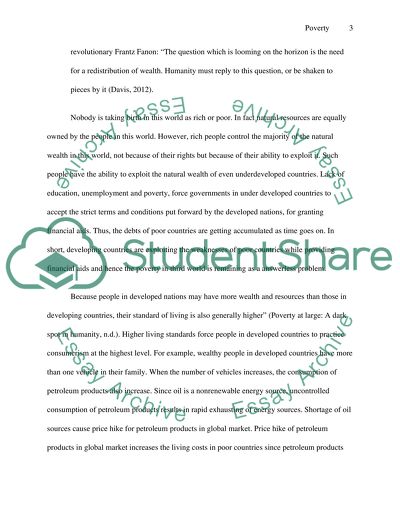Cite this document
(“Is poverty of the third world the fault of the first world Essay”, n.d.)
Retrieved de https://studentshare.org/history/1464140-is-poverty-of-the-third-world-the-fault-of-the
Retrieved de https://studentshare.org/history/1464140-is-poverty-of-the-third-world-the-fault-of-the
(Is Poverty of the Third World the Fault of the First World Essay)
https://studentshare.org/history/1464140-is-poverty-of-the-third-world-the-fault-of-the.
https://studentshare.org/history/1464140-is-poverty-of-the-third-world-the-fault-of-the.
“Is Poverty of the Third World the Fault of the First World Essay”, n.d. https://studentshare.org/history/1464140-is-poverty-of-the-third-world-the-fault-of-the.


